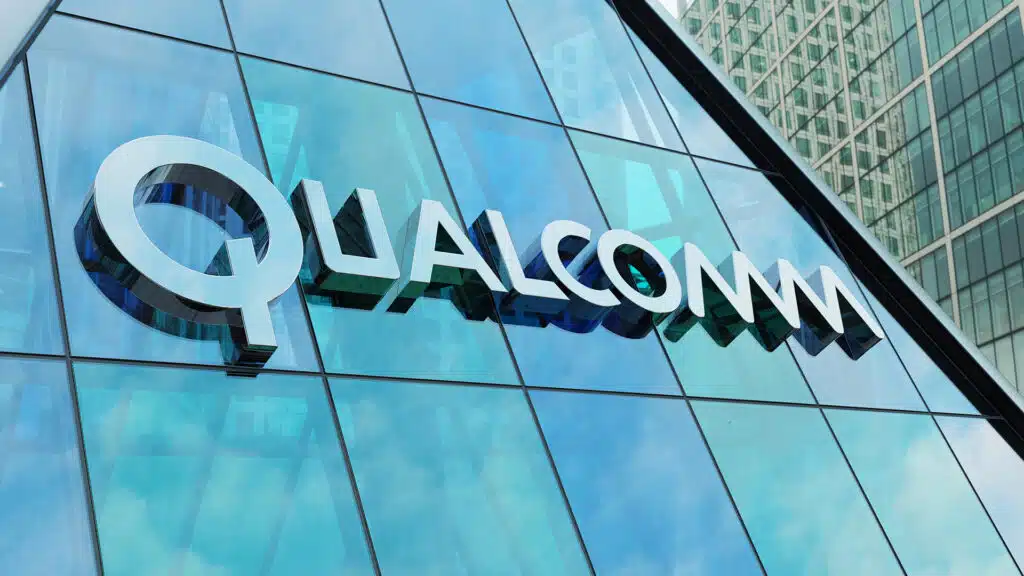The News: Samsung has announced that its first AI PCs, the Galaxy Book4 Ultra, Book4 Pro, and Book4 Pro 360, which all feature embedded Intel NPUs, will become available in select markets on February 26. The new series showcases Intel’s new Core Ultra AI chipsets and further signals an on-device-AI-driven shift in the PC market that could help restart the PC segment’s demand models. Read the full press release on Samsung’s news page.
Samsung’s Galaxy Book4 AI PCs Add Momentum to PC Market Recovery
Analyst Take: Per TM Roh, president and Head of Mobile eXperience Business at Samsung Electronics, “the Galaxy Book4 series delivers the powerful performance and multi-device connectivity that consumers expect from a high-performance PC in today’s market.”
The Galaxy Book4 Ultra is powered by Intel’s new Core Ultra 9/7 Processor, which combines a CPU, GPU, and NPU, and features a new discrete Samsung Knox security chip to secure critical system data separately. The Pro and Pro 360, for their parts, feature the Core Ultra 7/5 processor. GPU-wise, the Ultra comes with an RTX 4050/4070 while the Pro and Pro 360 come with an Arc GPU. All three models also feature dynamic 2880 x 1800 AMOLED 2X touchscreen displays, which deliver clearer contrast and color even under bright sunlight with the company’s reflection-dampening and Vision Booster features. All three models also support Wi-Fi 6E, 802.11 ax 2×2, Bluetooth v5.3, Thunderbolt 4 (2), USB-A, HDMI 2.1, and MicroSD.
Why is this release worth noting? Two simple reasons. The first is that the era of the AI PC is here. Samsung entering the space with solid specs this early thanks to Intel’s Core Ultra processor speaks to both Intel’s execution in getting the Core Ultra platform to market quickly and to the importance of Samsung’s buy-in to the category, particularly as tie-ins with mobile and other peripherals (such as headphones, speakers, XR, and second screen capabilities that increasingly favor frictionless interoperability between devices).
The second reason speaks to demand and interest in the category, particularly on the tail end of a very bad few quarters for PC sales overall. Early AI PC releases from major OEMs can act as early-warning litmus tests for the category and its potential impact on PC sales through 2024. Do consumers care? Do they get it? Are on-device AI features worth a PC upgrade? Well, Samsung’s AI PCs bring a little color to those questions: the company has reported that its new Galaxy Book4 AI PCs, which launched in Korea in early January, outsold the Galaxy Book3 series by 1.5x during the first week of sales. While this is just one data point, it is encouraging and could be an early signal that AI PCs could indeed reboot PC demand this year.
To be continued.
Disclosure: The Futurum Group is a research and advisory firm that engages or has engaged in research, analysis, and advisory services with many technology companies, including those mentioned in this article. The author does not hold any equity positions with any company mentioned in this article.
Analysis and opinions expressed herein are specific to the analyst individually and data and other information that might have been provided for validation, not those of The Futurum Group as a whole.
Other Insights from The Futurum Group:
Intel Enters the AI PC Race With Its NPU-Powered Core Ultra Processor
Intel Q4 and FY 2023 Results: Transformation Progress Continues
Intel Q3 Revenue Hits $14.16 Billion, Beating Analyst Estimates
Image Credit: Samsung
Author Information
Olivier Blanchard is Research Director, Intelligent Devices. He covers edge semiconductors and intelligent AI-capable devices for Futurum. In addition to having co-authored several books about digital transformation and AI with Futurum Group CEO Daniel Newman, Blanchard brings considerable experience demystifying new and emerging technologies, advising clients on how best to future-proof their organizations, and helping maximize the positive impacts of technology disruption while mitigating their potentially negative effects. Follow his extended analysis on X and LinkedIn.







